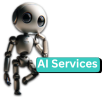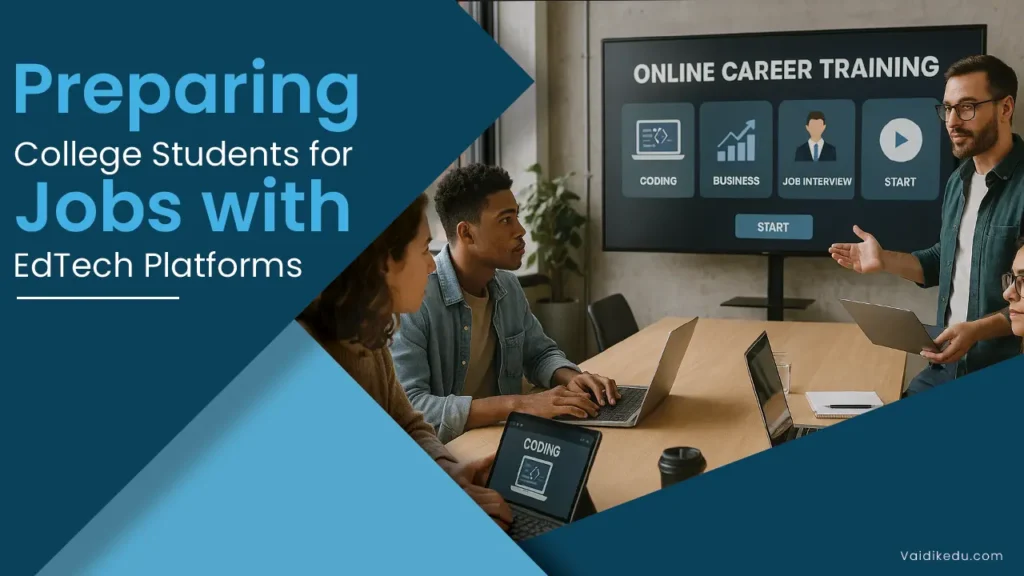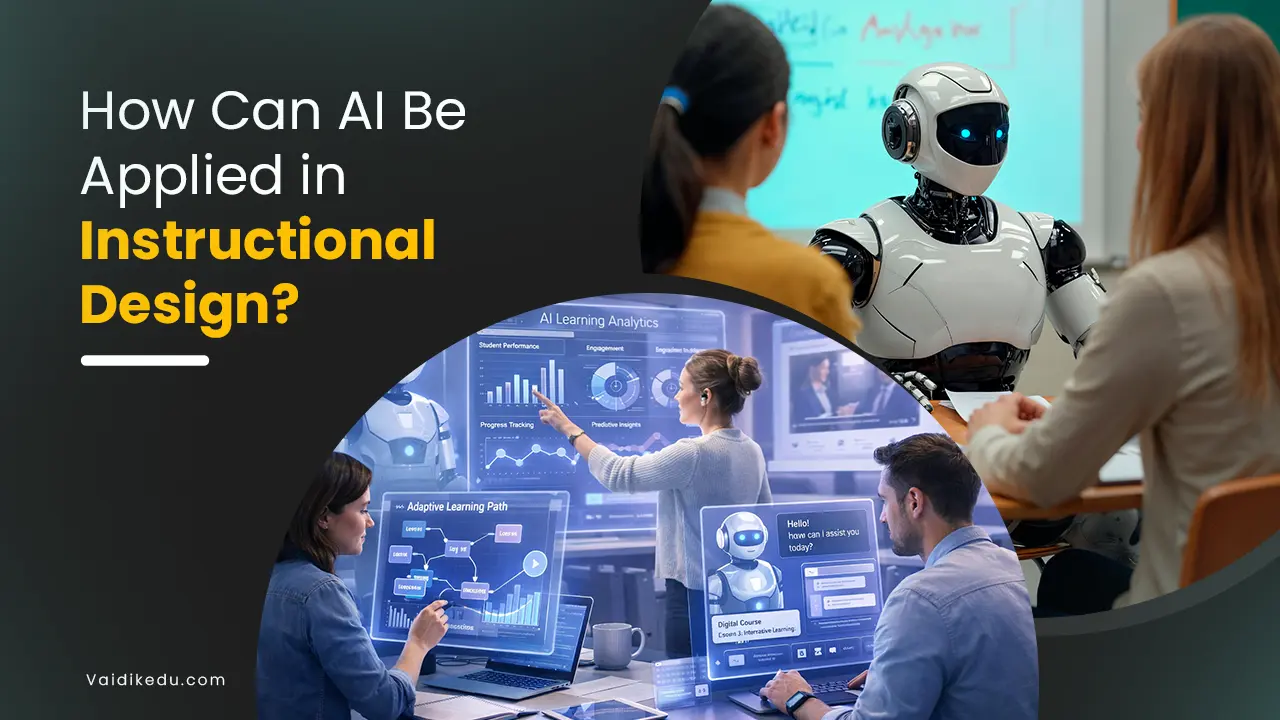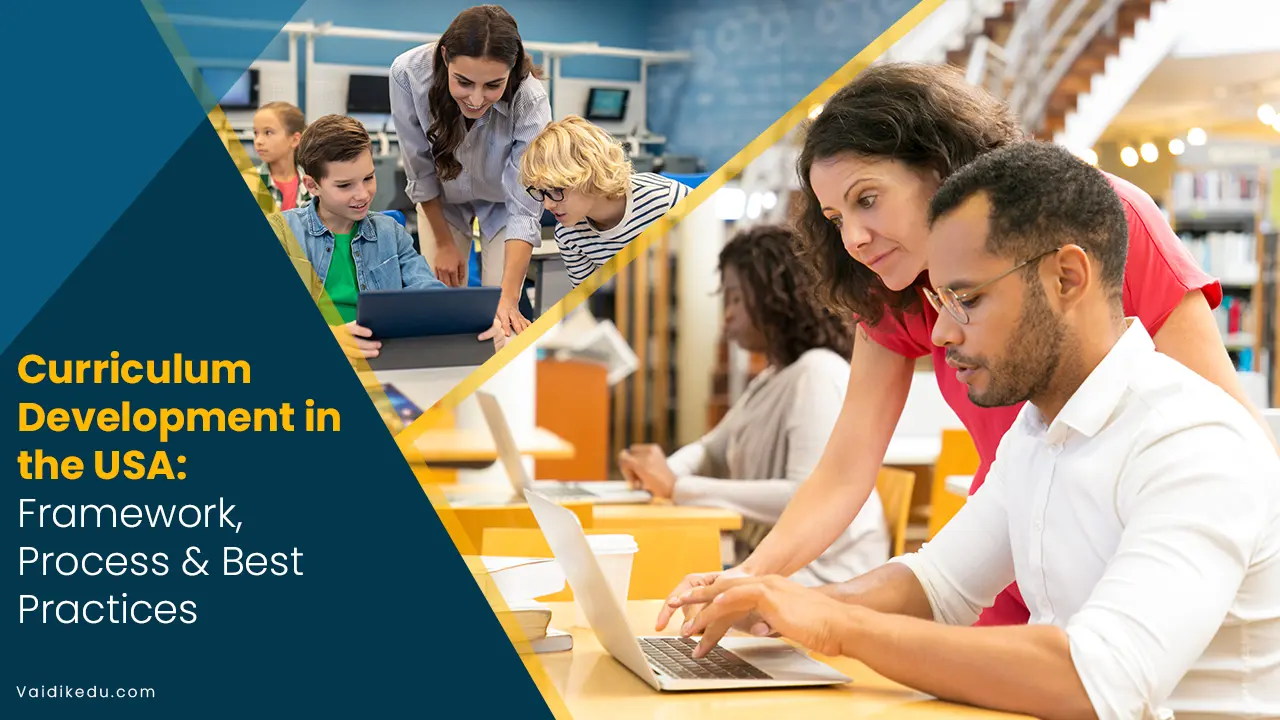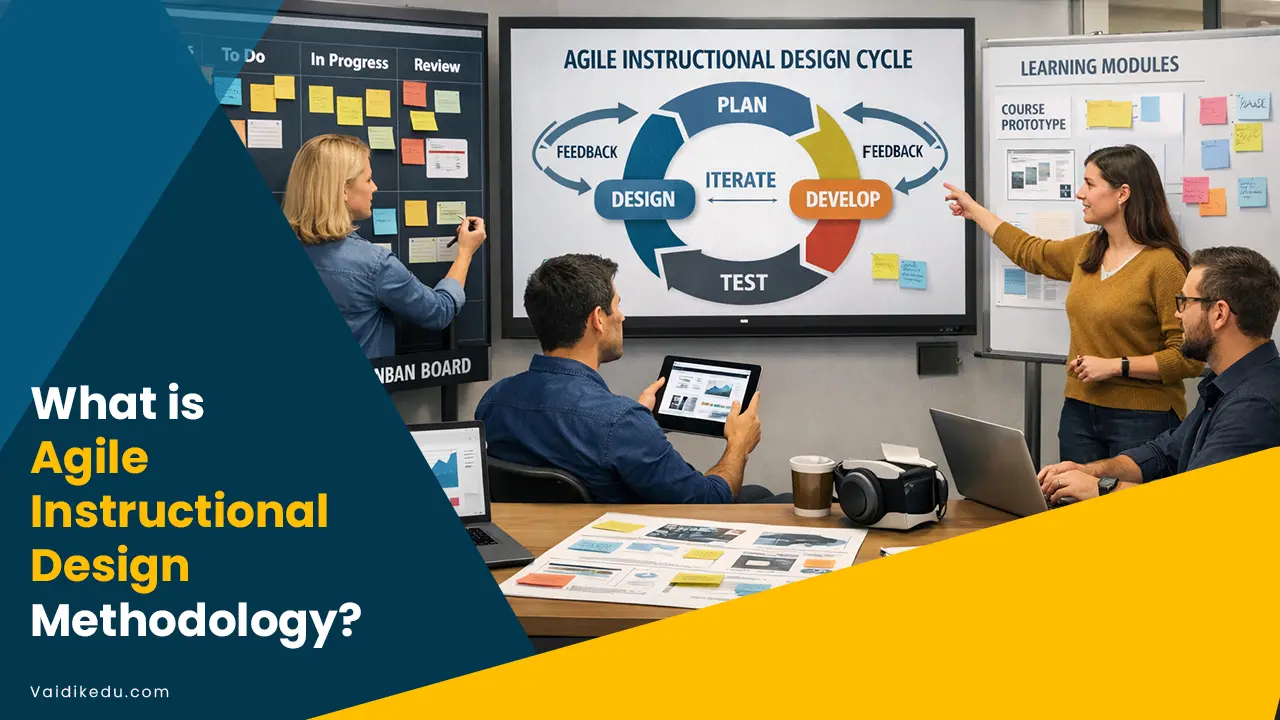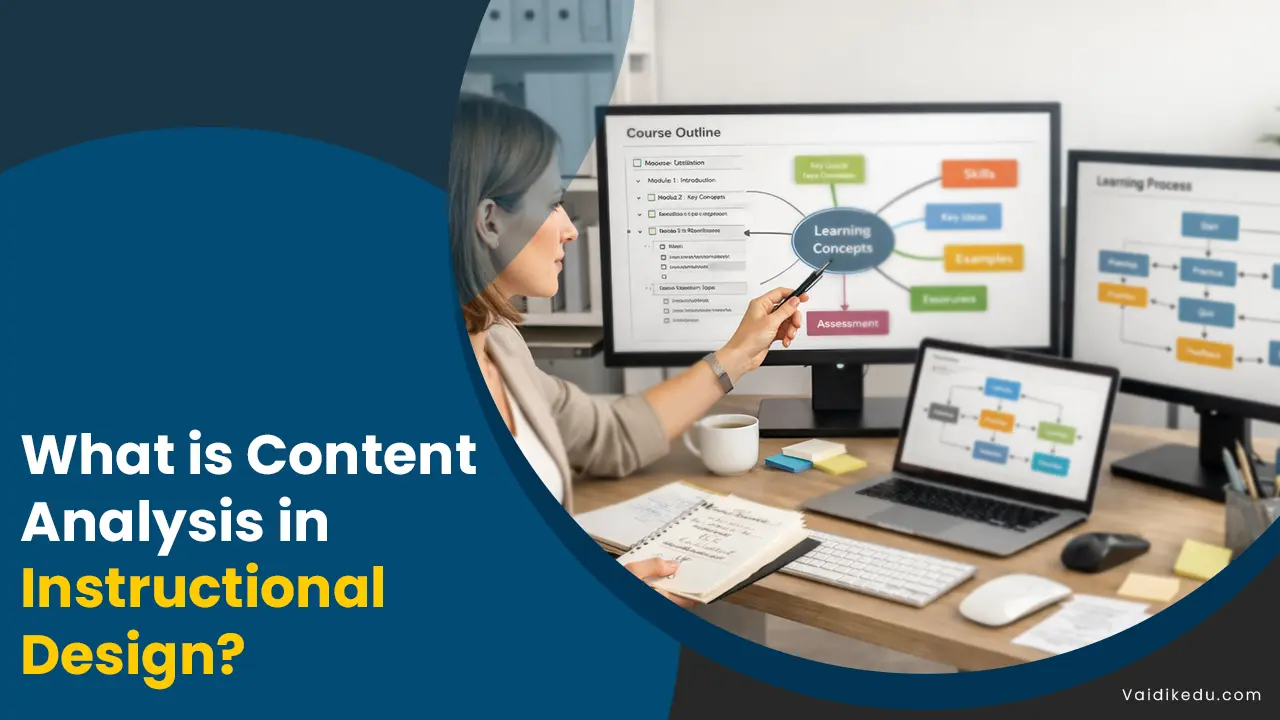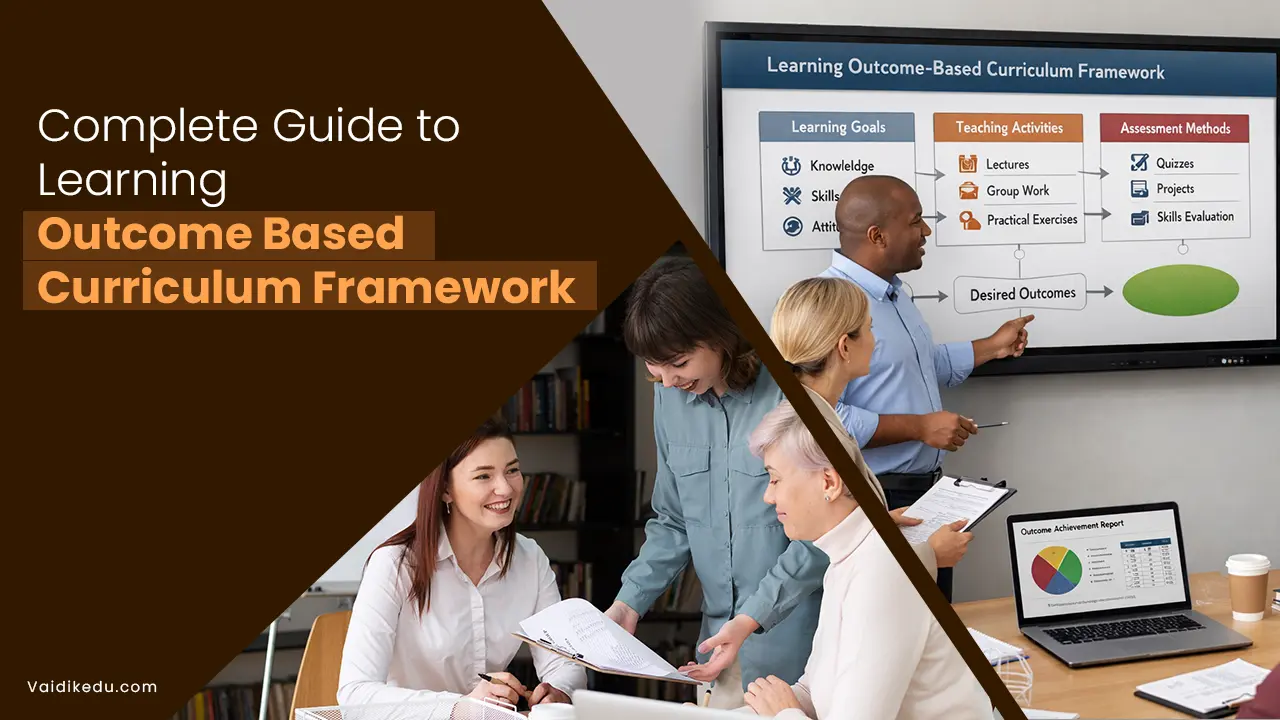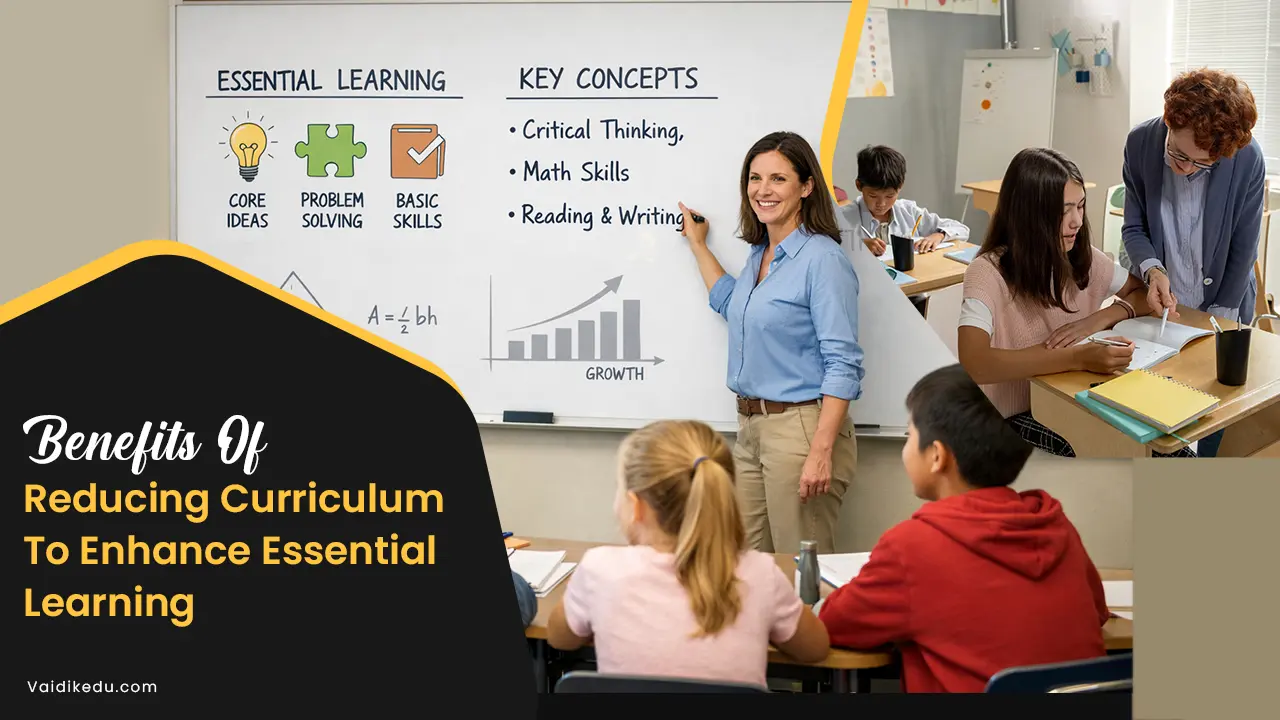The gap between academic education and practical skills in the modern job market is highly alarming. It is seen that a considerable percentage of college graduates enter the workforce without even basic competencies that are necessary for survival in their fields.
Edtech Platforms have emerged as critical resources in solving this problem with innovative solutions, customized learning experiences, and hands-on opportunities equipping students to face the challenges of today’s industries.
This paper shall address the changes brought about by EdTech in terms of developing essential skills, employability, and continuous learning.
Skills Deficit
Employers often highlight deficiencies in soft skills, technical abilities, and sector-specific knowledge among recent graduates. Conventional educational frameworks typically emphasize theoretical understanding, which can leave students ill-equipped for real-world situations.
EdTech platforms are effectively filling these gaps by offering courses and simulations designed for practical application.
For instance, Coursera, edX, and Udemy platforms collaborate with famous universities and institutions to provide courses in the domains of data science, business analytics, or digital marketing skills, which employers look for.
Certifications are received at the end, that assure their readiness and proficiency in the job being sought. More recently, with LinkedIn Learning, the course is provided as suggested by the platform because of alignment to students’ careers, and there’s the provision to effectively build up skills pertaining to that job.
Customized Learning Experiences
EdTech platforms are revolutionizing the face of education through tailoring content to meet the needs of each learner. Adaptive learning technologies, powered by artificial intelligence, assess a student’s strengths and weaknesses to create individualized learning pathways.
Resources such as Khan Academy and Smart Sparrow modify content difficulty in real time, ensuring that students fully grasp fundamental concepts before advancing.
Personalized learning enables students to focus on specific skills and competencies that align with their respective industries and career advancement. For example, a student who aims to venture into software development may opt for the coding boot camps offered on Codecademy or the free code camp.
These websites enable students to participate in interactive exercises, projects, and mentors that simulate real-world scenarios of the workplace and prepare students to work in technical roles by being placed in real-world situations.
Soft skills such as communication, teamwork, and problem-solving are important for success in the workplace but are often overlooked in traditional education.
EdTech platforms like SoftSkill and MindTools offer specific courses on leadership, negotiation, and time management. Simulations and role-playing activities offered by these platforms provide experiential learning opportunities that enhance interpersonal skills.
Virtual collaboration tools embedded within EdTech environments resemble the world of work today. Google Workspace and Microsoft Teams prepare students for collaboration on tasks, task management, and digital communication. All of these aspects encourage flexibility-an indispensable skill in a remote or hybrid work environment.
Industry-Recognized Certifications: Industry-recognized certifications make students more employable because they provide proof of their knowledge mastery over a topic. EdTech platforms are offering specialized credentials that are highly in demand in the job market.
For example, a student interested in cloud computing can earn certifications from AWS Academy or Google Cloud Training. Similarly, a student interested in data science can pursue credentials from IBM or Tableau.
Micro-credentialing is becoming popular because it allows students to acquire skills through smaller, focused modules. With the aid of Credly, students may add those badges to professional profiles as testaments of commitment toward ongoing learning and domain-specific skills.
Professional Networking
For better preparedness for job readiness, forming a professional network is important; EdTech bridges students with industrial experts and mentors. Platforms, including LinkedIn, align education with the process of building networks, while under its cover, students display their competencies and engage with possible employers.
There are career-centered platforms like Handshake that relate students to any internship, work, or recruitment event that complements their knowledge profiles.
Such competitive events, including hackathons, coding contests, and virtual job fairs, hosted by platforms such as HackerRank and Devpost, present students with amazing opportunities to prove their capabilities. Participation in such events builds confidence, enhances portfolios, and generates critical relationships in the industry.
Preparation For The Gig Economy
Freelance and contract work have changed the career landscape. Upwork and Fiverr EdTech platforms provide courses that train students on how to market their skills, manage projects, and build a client base. Entrepreneurial skills acquired include pricing and communication with clients, which are essential for thriving in the gig economy.
Dedicated portfolio development platforms, such as GitHub for developers and Behance for designers, are channels through which the students can exhibit their work in front of possible clients and employers. These online portfolios reflect practical skills and innovative problem-solving abilities, thus boosting job prospects in competitive environments.
Access To Career Services And Mentorship
Several EdTech platforms offer career services, such as resume building, interview preparation, or even personalized coaching. CareerBuilder and Big Interview, for example, also offer AI-driven feedback on resumes and mock interviews for students to fine-tune their job application and presentation skills.
MentorCruise offers mentorship programs that connect students with experienced professionals to guide them in one-on-one settings. Such customized support helps students transition in their careers, set achievable goals, and understand industry standards.
Ongoing Learning For Lifelong Success
The modern employee needs to learn constantly and be agile. The education technology platform promotes lifelong learning as it is always accessible and current with industry progress. Subscription services through Pluralsight and Treehouse give users unlimited access to content that is constantly updated so that students can respond to changes in technology by updating their skills.
Gamification into the learning process, such as in terms of monitoring progress, incentives, and interactive challenges, will be engaging and motivating for students. Such aspects encourage students to remain devoted to their skill development skills long after graduating. Therefore, they may have a more dynamic career path ahead of them.
Growing The Role of EdTech in Career Readiness
Besides these fundamental benefits, EdTech platforms provide features that enhance the employability of students by quite a margin. The following section discusses experiential learning, entrepreneurship training, global career exposure, and sophisticated data-driven personalization.
Experiential Learning Opportunities
Experiential learning enables the students to transform abstract concepts into real-life applications. EdTech has enhanced this method through virtual internships and simulations that closely emulate the real-world business environment.
For instance, platforms such as Forage offer virtual work experience whereby students are doing tasks for companies like BCG, Deloitte, and JPMorgan Chase. These simulations offer insights on the practices of a given industry and problems at the workplace without any geographical or logistical constraints.
In addition, gamified learning environments allow students to engage in case studies, solve business cases, and develop skills for managing projects.
Harvard Business Publishing’s simulations, for example, teach strategic decision-making, risk analysis, and leadership through experiential learning. Such an action research methodology enables students to think critically and respond quickly in the organizational environment.
Entrepreneurship And Innovation
With the rise in start-up culture and entrepreneurial aspirations among students, EdTech platforms have provided avenues for innovation. Such courses as business planning, marketing strategies, and venture funding are provided by mechanisms like Y Combinator’s Startup School and Skillshare, through which students can learn how to build a business model and present persuasively to possible investors, thereby breaking all market barriers.
Crowdfunding and entrepreneurial platforms like Kickstarter help students learn real fundraising tactics and campaign management of real entrepreneurial businesses.
Such curriculums help in developing the entrepreneurial character of EdTech, which gives a boost to the creativity and problem-solving capabilities of students for both traditionalists and entrepreneurs to walk down the path as appropriate.
Global Career Exposure
There is a seriously important reason that students must grasp the dynamics of international markets-it is an interdependent world. Courses across continents, as available on EdTech platforms, make students understand not only the best international business practices but also provide the skills to develop intercultural communication. Such Massive Open Online Courses on platforms such as FutureLearn and Coursera usually incorporate a host of lecturers from world-renowned institutes.
With the acquisition of languages using Duolingo and Rosetta Stone, the students will master more than one language, hence giving them an added advantage in multinational companies.
The collaboration tools are designed to link students from various countries so that they work on joint projects as experienced cross-border teams. Such opportunities prepare students for international careers and also foster cultural intelligence, which is a great asset in today’s diversified professional landscape.
Hyper-personalization would become the base of future career preparation. The customizing learning experiences will be based on the artificial intelligence system to match the shifting career aspirations of the student with the requirements of the market.
Machine learning is utilized to grade students of Edmentum and Squirrel AI Learning, as well as the content’s modification. This approach lets students center the in-demand skills related to the fields they have chosen.
In addition to that, EdTech predictive analytics allow students to make informed decisions in the context of a profession. For instance, career exploration tools via MyCareerShaper use AI for career suggestions aligned with strengths, interests, and the trend of labor in the present economy.
Conclusion
EdTech offers a new pathway for college students to prepare for their professional journeys as it offers tailor-made, dynamic, and industry-specific experiences. These help bridge the skill gap, better soft skills, certification, and professional networking facilities for students as they prepare them in the competitive market environment. As such, with each technological advancement, the importance of EdTech would be more towards training students to build resilience and agility.
Frequently Asked Questions
EdTech platforms provide a variety of courses, simulations, and hands-on projects that closely resemble actual situations, hence becoming a rich source of experience and domain-specific knowledge.
The answer is positive, as tools like Skillsoft and MindTools have courses that deal with the topic of leadership, communication, and teamwork, meaning improving the most significant soft skills on the way to work success.
Platforms such as LinkedIn and Handshake allow students to connect with professionals in the industry, internships, and jobs, thus allowing for career networking and mentorship.

